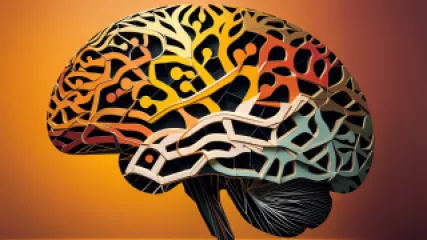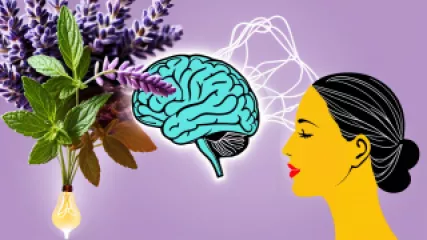What Are the 5 Key Aspects of Effective Wellness Coaching?
před 1 rokem
Wellness koučink
Boost Your Cognitive Flexibility: A Step-by-Step Guide
před 1 rokem
Kognitivní flexibilita
Top 10 Tips for Optimal Cognitive Development
před 1 rokem
Kognitivní vývoj
10 Parenting Tips and Tricks for Busy Families
před 1 rokem
Tipy pro rodiče
What is the Psychology Behind the Sense of Smell?
před 1 rokem
Psychologie čichu
What Are the Psychological Coping Mechanisms Behind Superstitions?
před 1 rokem
Psychologie za pověrami
7 Powerful Lessons from 'Mean Girls' to Tackle Workplace Bullying
před 1 rokem
Šikana na pracovišti
Unlocking the Power of Scent: A Step-by-Step Guide to Olfactory Psychology
před 1 rokem
Psychologie čichu
Building Healthy Relationships: An Interview with a Virtual Couples Therapist
před 1 rokem
Budování zdravých vztahů
Discovering Wellness Lessons from Inspiring Books and Films
před 1 rokem
Wellness koučink
Embracing Cultural Identity: A Personal Reflection
před 1 rokem
Kulturní identita
10 Effective Strategies for Coping with Chronic Illness
před 1 rokem
Zvládání chronické nemoci
The Definitive Guide to Overcoming Panic Attacks
před 1 rokem
Panické záchvaty
The Ultimate Guide to Emotional Well-Being Through Wellness Coaching
před 1 rokem
Wellness koučink
Unlocking Eco-Anxiety Relief: Lessons from 'The Lorax' on Sustainable Living
před 1 rokem
Psychologie udržitelnosti















